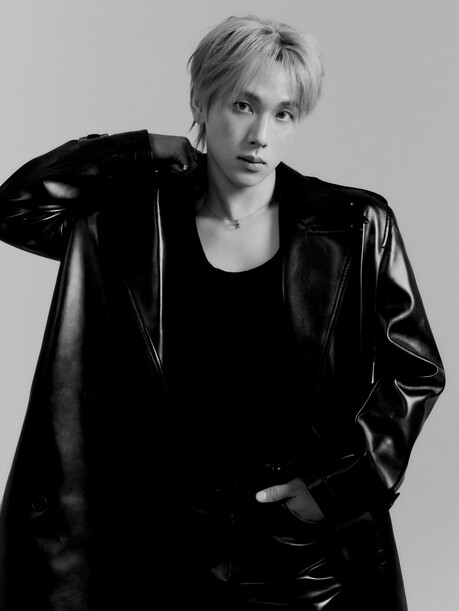French authorities continue their investigation into the brazen theft of crown jewels worth $102 million from the Louvre Museum, with two suspects in custody but the priceless royal artifacts still missing. Prosecutor Laure Beccuau confirmed that the apprehended suspects have begun speaking to investigators, though the stolen treasures have yet to be recovered.
The spectacular heist, which took place in broad daylight at the world-famous museum, involved thieves using a stolen truck-mounted cherry picker lift to scale the building and break into the Apollo Gallery. The criminals completed their operation in just seven minutes, using disc cutters to access display cases containing jewelry that once belonged to French Empress Eugenie before escaping on motorbikes and scooters.
Louvre Museum director Laurence des Cars faced intense scrutiny over what critics called spectacular security failures that enabled the theft. She acknowledged that inadequate perimeter surveillance and security lapses, including a camera that was pointing away from a key balcony, allowed the thieves to pull off what experts are calling a "targeted heist." The incident has raised serious questions about security protocols at one of the world's most visited museums.
Prosecutor Beccuau suggested that the sophisticated nature of the robbery indicates the thieves may have been hired by a private collector, rather than acting independently. Security experts have warned that the stolen crown jewels could potentially be melted down, permanently destroying their historical and cultural value. The theft has generated significant public interest, with one mysterious well-dressed man who appeared in investigation photos going viral on social media.
Meanwhile, French politics have been dominated by ongoing turmoil surrounding former President Nicolas Sarkozy, who began serving a five-year prison sentence for campaign finance conspiracy. Sarkozy became the first modern French president to be imprisoned after his conviction for criminal conspiracy involving illegal Libyan campaign financing during his 2007 election campaign.
The country has also faced broader political instability, with Prime Minister Sébastien Lecornu resigning less than a month after taking office, plunging France into a political crisis. President Emmanuel Macron now faces mounting pressure, with calls for him to either dissolve parliament or resign from office.
Civil unrest has added to the nation's challenges, with thousands of protesters forcing the iconic Eiffel Tower to close its doors to tourists. Nearly 200,000 demonstrators rallied in over 200 towns and cities against government spending cuts in what organizers called "Block Everything" protests. French police arrested at least 295 protesters during these nationwide demonstrations against President Macron's policies and proposed budget cuts.
On the international stage, tensions have emerged between France and the United States over Middle East policy. French officials, led by President Macron, have positioned France as an alternative global power at the United Nations, particularly regarding Palestinian statehood recognition. This has put France at odds with the Trump administration, which has condemned European recognition of Palestinian statehood as a reward for Hamas following the October 7 attacks.
The diplomatic friction extended to unusual encounters between President Trump and President Macron, including an oddly lengthy 26-second handshake during a meeting in Egypt and a traffic incident in New York City where police accidentally blocked Macron's presidential motorcade. These incidents have highlighted the growing rivalry between the two leaders on various international issues.
Additional criminal cases have also made headlines in France, including the indictment of a 24-year-old Chinese woman for allegedly stealing nearly $2 million worth of gold nuggets from Paris' National Museum of Natural History. These incidents have raised broader concerns about security at French cultural institutions and their vulnerability to sophisticated criminal operations targeting valuable artifacts and exhibits.






























